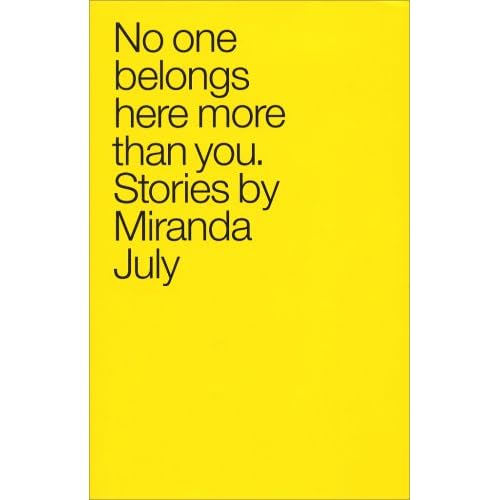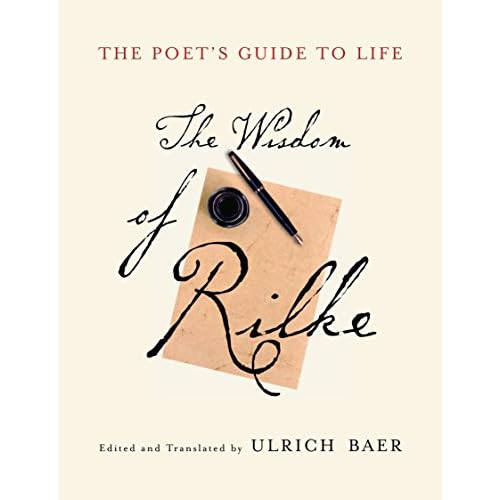
When she read the letter, Juliet winced, as anybody does on discovering the preserved and disconcerting voice of some past fabricated self. She wondered at the sprightly cover-up, contrasting with the pain of her memories. Then she thought that some shift must have taken place, at that time, which she had not remembered. Some shift concerning where home was...
Because it's what happens at home that you try to protect, as best you can, for as long as you can.
- Alice Munro, from the short story "Soon", collected in Runaway, p. 125
I've been reading the Canadian author Alice Munro lately - all these incredibly nuanced stories of closely held secrets and privately lived lives. She makes you see the ultimate absurdity of how we conceal so much within ourselves, just to go on living in our ordinary, tolerable way. And when things become intolerable, how quickly our secrets can collapse in on us!
I don't want to overdramatize my own little secrets - probably I have nothing quite worthy of an Alice Munro story, so far. But since several people made such thoughtful and understanding comments to my post the other day, I wanted to write a little about why I enjoy this sometimes silly hobby, and what I see as this blog's mission, just supposing it were worthy of anything so grand-sounding as a "mission".
The most astonishing thing about blogging is the people who read me - I'm continually amazed at the depth and care put into responses on this blog. While I don't always directly answer each comment, they always seem to make me laugh, wonder, or think again about what I wrote. How often I've just written something on a whim, on any sort of obscure subject matter I might imagine, and then quickly found an answer from some passionate authority on that very subject - Martinu's chamber music, or Schoenberg's personal relationships, or bowings in the Bach cello suites - and realized there's no subject too obscure, too bizarre (or even too personal) - that it won't strike a chord in someone.
Of course, as amazing as can be to reach into cyberspace and discover some kindred soul out there in the void, I don't really write this for strangers or fanatics. (Sorry, strangers and fanatics!) Mostly I think about those readers who I already know well, either from real-life acquaintances or from reading and following their own blogs, sometimes both. It's fascinating to develop that kind of multi-level relationship with someone - discovering that a person you really like in person has whole other dimensions in cyberspace.
And I suppose that writing here gives me a chance to explore dimensions I don't readily show in person. Or even quite realize were there. I love that Walt Whitman line -
Do I contradict myself?
Very well, then I contradict myself,
I am large, I contain multitudes.
and I think that blogging is an opportunity to air one's multitudes, try them out on an understanding or indifferent audience.
I suppose that's what makes blogging a bit scary, too. You never know when you might air some aspect of yourself that irritates, displeases, or offends someone. And as much of a pleasure it is to receive a comment, either from an old friend or a complete stranger, as I start to read them I'm always a bit wary that maybe I've rubbed someone the wrong way, or bared a little too much of my soul this time. Thankfully I've very seldom had that experience, but I know many people who have found themselves the target of nasty and personal attacks - and I can understand the chilling effect those voices might have.
I suppose any time we write to express ourselves, it's a more or less fabricated self we express. Even a writer as gifted as Alice Munro can only hint at what goes on inside of us. Still though, I think the writing of which I'm most proud, and wince the least at, is when I've honestly made that effort. It's not easy, and you sometimes have to fight every self-protective instinct to press "publish", but still it can be worth it.
So I think I'll keep writing - maybe I'll have change some names or be coy with some details, but there's no point having an outlet if you can't actually let things out. And if I write enough long, self-conscious posts like this, I might just bore all the critics away! One can hope.
 I just saw the movie Persepolis, which is based on a graphic novel by Marjane Satrapi. It's a coming-of-age story narrated by a character also named Marjane Satrapi, about her childhood in Iran under the Shah, and the subsequent Islamic revolution.
I just saw the movie Persepolis, which is based on a graphic novel by Marjane Satrapi. It's a coming-of-age story narrated by a character also named Marjane Satrapi, about her childhood in Iran under the Shah, and the subsequent Islamic revolution.








